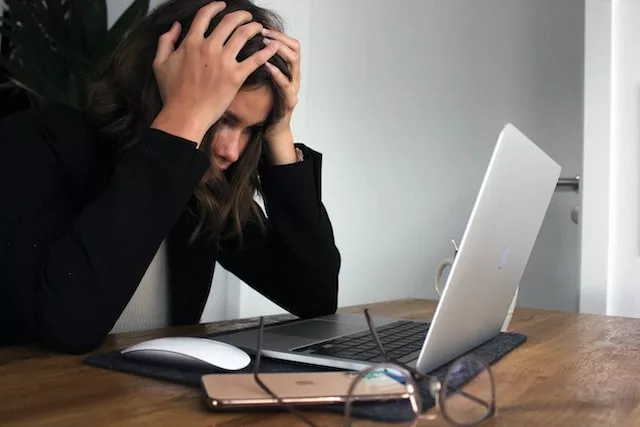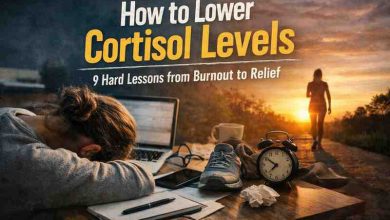

Reduce Stress and Prevent Hair Loss
Stress can wreak havoc on your body, and one of the areas it can affect is your scalp. Too much stress can cause hair loss, which can be emotionally and physically damaging for anyone. Keeping your scalp stress-free is essential for maintaining healthy hair and preventing hair loss. In this guide, we’ll take a look at the ways you can reduce stress and protect your scalp from any negative effects.
1. Recognize Signs of Stress-Related Hair Loss
The first step in preventing stress-related hair loss is recognizing the signs. Typically, this type of hair loss can manifest itself as hair thinning, shedding, or even bald patches. If you start noticing any of these signs, it’s important to figure out the cause and start making lifestyle changes to help you manage your stress.
2. Exercise More and Eat Right
Exercise and proper nutrition are essential when it comes to reducing stress. Exercise helps to naturally reduce stress through the release of endorphins, while also decreasing cortisol levels in the body. Eating a balanced diet that’s high in fruits and vegetables will provide your body with the nutrients it needs to keep stress levels low.
3. Make Time for Relaxation
Making sure you dedicate time for yourself to relax and unwind is an important way to reduce stress. This can be done through activities such as yoga, meditation, reading, or even taking a hot bath. It’s important to make time for yourself to reduce stress, as it will ultimately help prevent hair loss caused by stress.
4. Avoid Chemical Hair Treatments
Your scalp is especially sensitive to harsh chemicals, and too many treatments can actually do more harm than good. If you are experiencing hair thinning or shedding, it’s important to avoid chemical treatments and instead opt for more natural remedies such as essential oils and scalp massages.
5. Get Plenty of Rest
Getting enough quality sleep is essential for keeping stress levels low. When we don’t get enough sleep, our bodies produce more cortisol, which can increase stress levels and damage the scalp. Make sure you get at least 8 hours of sleep each night to keep your stress at bay and protect your scalp.
6. Reduce Your Caffeine Intake
Caffeine is a known stimulant, so it can contribute to higher levels of stress in the body. If you’re experiencing hair thinning, it’s important to reduce your caffeine intake, as it can actually worsen the condition. Try cutting down on your caffeine and see if it makes a difference in your stress levels.
7. Monitor Your Hair and Scalp Care Routine
If you’re experiencing hair thinning, it’s important to monitor your hair and scalp care routine. Avoid tight hairstyles, over-brushing, and over-washing, as these can irritate the scalp and increase stress levels. Instead, make sure to keep your scalp clean and conditioned, and be gentle when brushing or styling your hair.
8. Address Your Stressors
If lifestyle changes don’t help reduce your stress, it’s important to address your stressors. Find out what’s causing you stress and find ways to cope with them. Talking to a professional or seeking help can be very beneficial in understanding and managing one’s stress.
Stress can be a major contributor to hair loss, so it’s important to take steps to reduce stress and prevent hair loss. By recognizing the signs of stress-related hair loss, exercising more, making time for relaxation, avoiding chemical treatments, getting enough rest and monitoring your hair and scalp care routines, you can help keep your scalp stress-free and protect your hair from damage. Additionally, addressing your stressors can have a positive effect on reducing stress and preventing hair loss.



